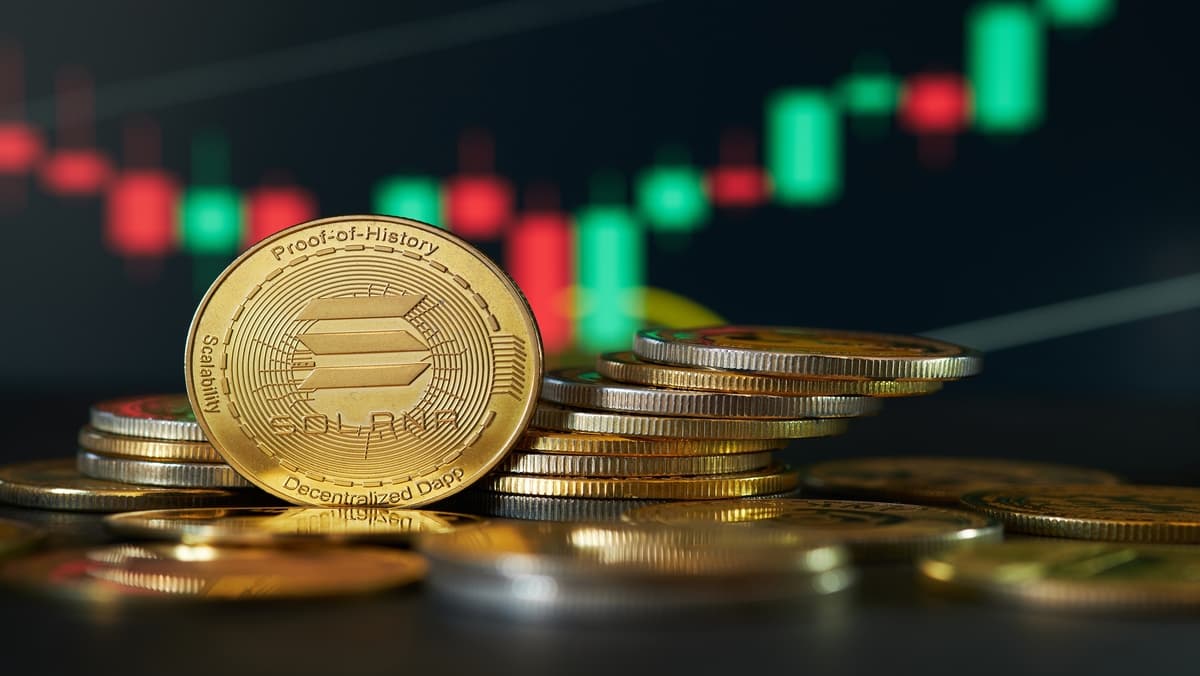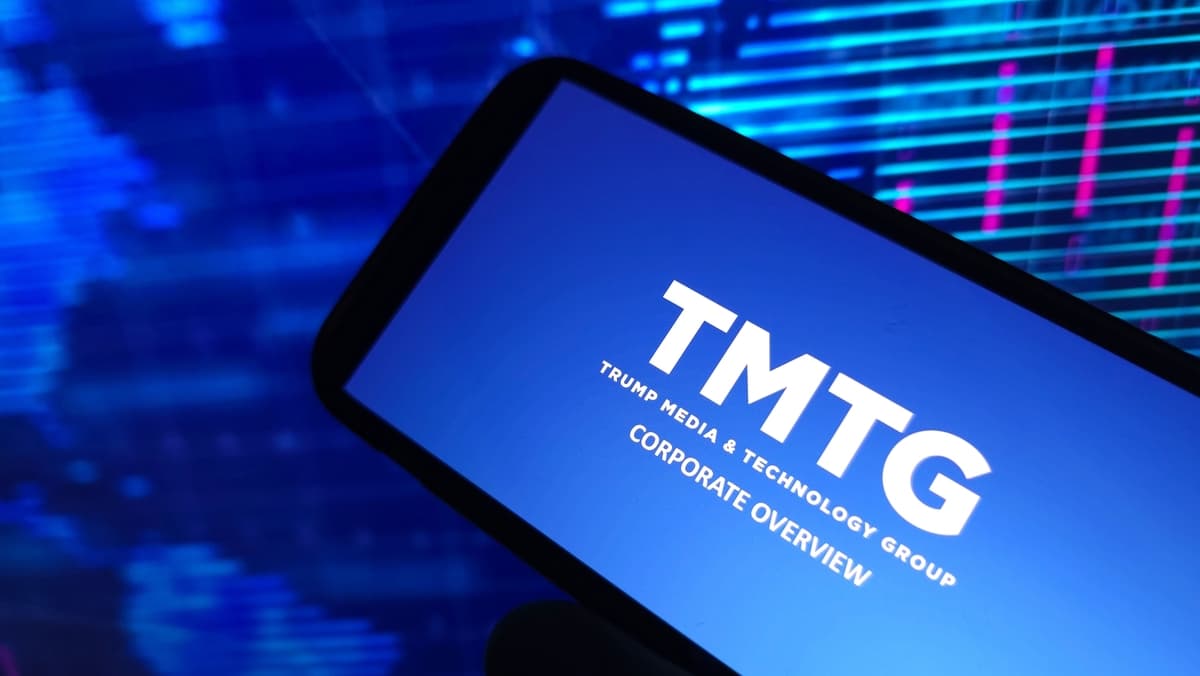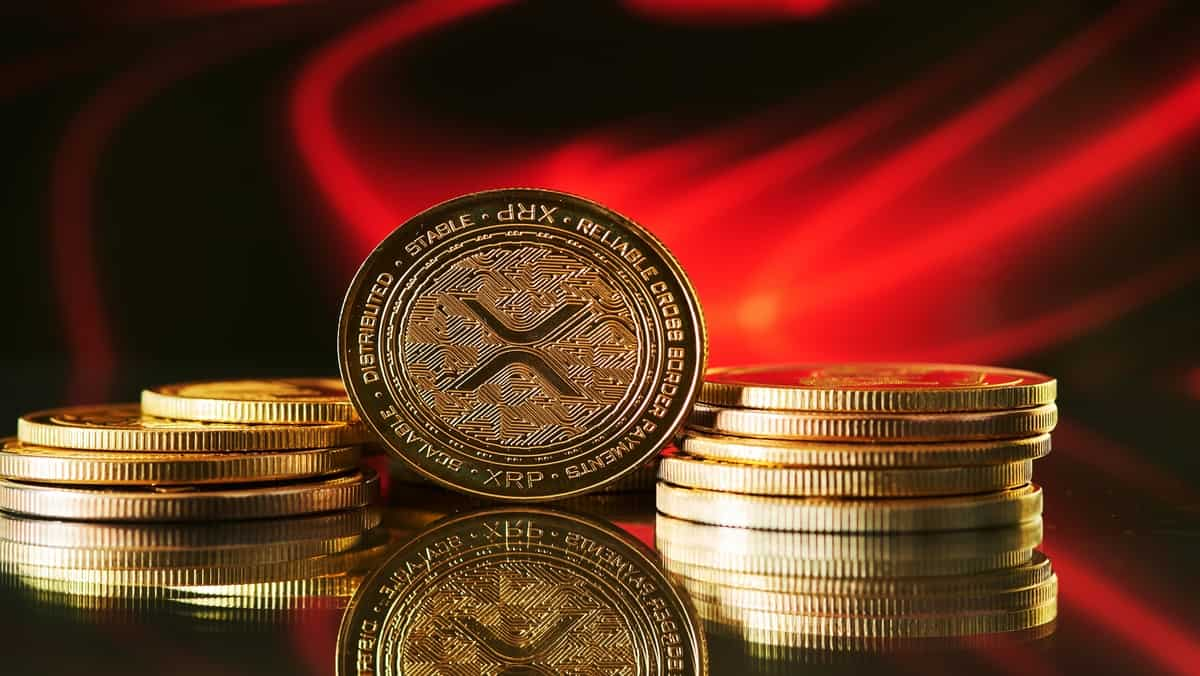
“A lasting lesson of the crisis years is the power of markets and their ability to adjust to disruptions, if government allows them to.” – Daniel Yergin, author of The Prize: The Epic Quest for Oil, Money & Power
How do you fancy another increase in the cost of living? Or energy bills that’re even higher than they are now?
The Opec production cut is big news this week. But we shouldn’t be focusing just on the oil price: there’s a lot more at play here.
Here’s why…
In the last 12 months, we’ve seen inflation hit a 40 year high in both the USA and the UK.
According to the Office of National Statistics, here in the UK, the price of food is rising at a fastest rate for 45 years, and more than a third of mortgage-owners and renters say they’re struggling to maintain payments.
Bad news all round, then.
But what’s this got to do with trading?
The unfortunate answer is ‘more than you think’.
On Monday 3rd, the Opec cartel that includes Russia, Iraq and Saudi Arabia, surprisingly announced a cut in oil production.
From May 2023, supply of crude oil production will drop by 1m barrels a day.
What matters, is that this isn’t the only cut taking place right now. Opec is already in the middle of a plan to cut supply by 2m barrels a day until the end of 2023.
At the same time, Russia announced an individual cut of a further 500,000 barrels a day, also until the end of the year.
The markets, perhaps keeping last month’s announcement that US production of crude may never again reach pre-pandemic levels in mind, reacted…well, as you might expect:
This is the price of crude oil, but a number of oils stocks also enjoyed an explosive morning when markets opened, with Harbour Energy and Tullow Oil the big gainers, up by 8% and 6% respectively in just a few hours.

OPEC’s official party line is to try and ensure stability in the oil market. If that’s the truth, they’ve clearly got one eye on the US economy. Goldman Sachs research indicates a 65% chance there will be a ‘meaningful downturn’ in the US, and 35% chance there will be a full-blown recession.
Now, it does make sense that OPEC would want to try and stabilise the oil price in advance of a potential downturn.
But there are plenty of people who don’t want to take them at their word.
Ipek Ozkardeskaya, senior analyst at Swissquote Bank, sees things differently:
“Officially, the cartel wants price stability in oil markets. But in reality, they simply want higher prices.”
Higher oil prices, more money for OPEC. Logical enough.
But that’s still not the only potential reason for the cuts. As always with oil, we’ve got to acknowledge the politically-motivated elephant in the room.
For the past few weeks, the Biden administration has been lobbying hard for Opec to increase oil productions to help curb inflation in the US.
Caroline Bain, chief commodities economist at Capital Economics, said:
“[The OPEC cut] demonstrates the group’s support for Russia and flies in the face of the Biden administration’s efforts to lower oil prices.”
She added that it was tough to ignore the idea that there was “some geopolitical posturing embedded in these voluntary cuts.”
So… stability?
Money?
Politics?
If you’re already thinking you don’t actually care what a bunch of megarich oligarchs are doing with their oil supply, best think again.
Because the consequences could hit you right in the pockets.
Uncertainty about oil supply and price can mean some chunky energy bills.
2021 was a first-rate lesson in exactly how damaging an oil price shock can be to the average person with a heating bill.
In the fallout of Russia’s invasion of the Ukraine, oil prices went absolutely bananas, hitting a significant all-time high. Here’s the 5-year chart:
And it wasn’t just oil that shot up. Global energy prices increase by around 20%, five months in a row.
Figures show that the UK government had to spend as much as £69 billion pounds on schemes to help UK homes and businesses keep up with the spiralling energy costs following the Ukraine invasion.
The price of oil played a major part in that.

Energy products account for around 7.5% of the total Consumer Price Index. (The index we use to measure how expensive every day costs are.)
In other words, the rising costs of energy – and oil – can have a significant impact on overall inflation.
A study by the Federal Reserve Bank of Dallas suggested that if crude oil prices rose to $100 per barrel for three months, it could boost the annual inflation rate by 3 percentage points.
So, higher energy costs often mean higher inflation. And energy costs just got a big kick up the oil pipe.
We’re not here to make doom and gloom predictions. There’s no guarantee these higher oil prices will stick.
In the end, prices are based on what the market’s prepared to pay. The only way these new oil prices stay high is if the world is prepared to pay that much for oil.
And there are a lot of people in the world who simply can’t afford to pay any more for their energy. We may already be at breaking point.
Ipek Ozkardeskaya again:
“If the rising oil prices hit the global demand prospects at quite an uneasy time for the world economy (due to bank stress) and further spurs recession worries, there is a chance that the rally in oil prices fades quickly.”
But what could happen next if the oil prices stay, or even go higher?
The last time we saw high inflation combined with an oil price shock was 50 years ago.
Spoiler: it did not go well.
On October 19, 1973, OAPEC (as it was known then) instituted an oil embargo on the US as a protest for President Nixon’s call for emergency aid to Israel.
The cuts nearly quadrupled the price of oil over the following year, taking it from $2.90 a barrel before the embargo started to a high of $11.65 a barrel by January 1974.
Unfortunately, this increase in prices came at a time when the US oil production was already struggling with production capacity, so couldn’t meet the excess demand.
(Yes, a very similar situation to the announcement they made last month.)
Arthur Burns, chairman at the Federal Reserve at the time, said that “manipulation of oil prices and supplies by the oil-exporting countries came at a most inopportune time for the United States.”
Throughout the 1970s, other key triggers – devaluing the dollar against the gold standard, financing the Vietnam war – combined with oil prices to cause an inflation fire that became very hard to tame.
By 1980, inflation in the US hit 14%.
“When America sneezes, the world catches a cold”
Financial volatility in the US means problems around the world. 2008 was a harsh lesson in that.
No surprise, then, that the 1970s oil shock caused problems in the UK, but at a higher level.
See, Britain was dealing with its own inflationary problems, such as supply-chain bottlenecks and ongoing wage spirals. The oil price spike just piled on the misery.
The UK’s average yearly inflation in the 1970s was 12%, and at the height in 1975, it hit a monstrous 23%.
More than double what we’ve experienced in the past couple of years.
Oil price spikes… inflation already high… political instability directly impacting energy markets…
The same triggers are there. But the world’s a very different place now.
What actually happens next? How will the markets react? Who knows.
Predicting what will happen next is a fool’s game, as Warren Buffet put it bluntly:
“We haven’t the faintest idea what the stock market is going to do when it opens on Monday.”
All you can do is monitor the situation. And be ready.
Risk Warning: this article represents only the author’s views and is for reference only. It does not constitute investment advice or financial guidance, nor does it represent the stance of the Markets.com platform.When considering shares, indices, forex (foreign exchange) and commodities for trading and price predictions, remember that trading CFDs involves a significant degree of risk and could result in capital loss.Past performance is not indicative of any future results. This information is provided for informative purposes only and should not be construed to be investment advice. Trading cryptocurrency CFDs and spread bets is restricted for all UK retail clients.

Solana price above $182: Solana has emerged as a prominent player in the cryptocurrency landscape, known for its speed and low transaction fees.

DJT Stock Slides: the Trump Media & Technology Group (TMTG) has been a topic of considerable interest in the stock market, particularly with the recent fluctuations in its stock price.

XRP Price has slid 2.69%: XRP, the native cryptocurrency of the Ripple network, has recently experienced a decline of 2.69% in its price.
set cookie